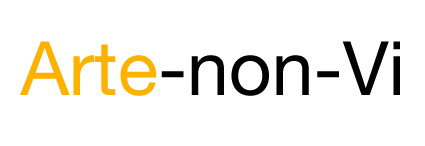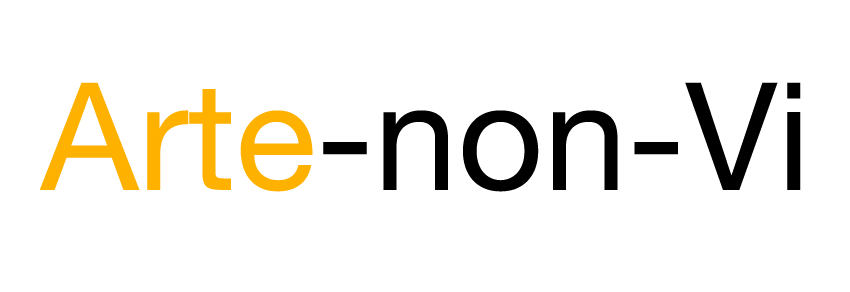Type 1 – People

A small series of posts over the next week or so on the concept of “Type 1″.
These will be People, Planet and Challenges.
Why? Simply put, my recent experience of public discourse and political debate in Australia (and those seeking public office) suggests we need to look closely for genuine intellectual honesty, strategic vision and coherent world views that can be anticipated through reason and defended with logic.
Complex social, economic and environmental responses are not and will not be served by simple allegiances to a particular tribe or system of patronage. The challenges of the 21st Century are far too complex for political structures and habits of “magical thinking” established hundreds/thousands of years ago.
Today, People.
The Enneagram of Personality, or simply the Enneagram is a [contested] model of the human psyche which is principally understood and taught as a typology of nine interconnected personality types.
The 9 types of people it describes are: the reformer, helper, achiever, individualist, investigator, loyalist, enthusiast, challenger, and peacemaker.
Whilst not a devotee of such frameworks, due to the conflicting/contradictory evidence available, it is nonetheless a ‘fun’ and accessible way to introduce my series on “Type 1” to you dear reader, thus appropriating one of the more widely known [if not justified] frameworks for discussion.
Consider two Billionaires. “Leaders” in their fields. Elon Musk and Mark Zuckerberg. Given the very public developments of the major companies of these two, I would contend that only one of these is a ‘type 1’.
Bloomberg business writer and author of the Biography Elon Musk: Tesla, SpaceX, And The Quest For A Fantastic Future appears to agree with me when he says:
“He’s the possessed genius on the grandest quest anyone has ever concocted. He’s less a C.E.O. chasing riches than a general marshaling troops to secure victory. Where Mark Zuckerberg wants to help you share baby photos, Musk wants to … well … save the human race from self-imposed or accidental annihilation.”
The nature and degree to which “traditional business models” have evolved in the post-internet era hardly needs comment. Suffice to say, that inherent in every business that ever was or will be, is the core business.
To create, Innovate, grow and profit.
A matrix of every business over time would show that they could reasonably be described in a series of the oft-maligned yet useful intersecting venn diagrams showing a combination of one or more of these four goals.
Opposing goals, purpose or core businesses, however you wish to define them, still requires your business to make sense in that euphemistic 30 second elevator ride…How will we: create, Innovate, grow and profit
Often misunderstood [in my view, not in a positive way] one early quoted purpose from Zuckerberg was “Move fast and break things”.
Essential if profit is the goal, yet I am challenged to understand how this will serve the longer term goals of creating/innovating and growing long-term assets and value. Except for the owner.
We can see through recent US congressional hearings and wider reporting, the business model of the “user” being the “product” appears to have far-reaching political, social and psychological side-effects that are only now [sadly] becoming clearer to regulators and policy makers.
Mark has broken a lot of things lately and it appears many are part of a global social experiment they know very little about.

As equally ill-defined and misunderstood is Musk.
Misunderstood if one ignores his stated purpose. “We created Tesla to accelerate a sustainable future”. Misunderstood if one uses the traditional metrics to define/interpret/anticipate business strategy and ignore the engineer, focussed on first-princples, standing in plain sight.
The purpose of Tesla: – In his own words.
[Source: Maurizio Pesce from Milan, Italia [CC BY 2.0 (https://creativecommons.org/licenses/by/2.0)]Exciting to see all the new electric vehicles coming to market! We created Tesla to accelerate a sustainable future & it’s happening!https://t.co/IqREiDqIyL
— Elon Tusk (@elonmusk) January 31, 2019
Last week I listened to the excellent podcast by Ark Invest, interviewing Elon Musk about Tesla Cars and autonomy. Whilst extremely insightful and informative, this interview also displayed, as plainly as possible, the main premise of “Type 1”. Listen carefully to this podcast. It is thirty minutes well spent. Indeed, Musk, in his own words
“People think sometimes that I’m like a business person or finance person, or something like that. I’m an engineer. I do engineering, always have.” — @elonmusk [0:12:33]
Ark Invest Podcast
As environmental, economic and social challenges persist on a global scale, many struggle with complexity, nuance and focus in the face of apparent existential risk.
One business seeks to “Move fast and break things”, creating increasingly atomised networks of personal echo-chambers, devoid of any discernible purpose other than keeping your attention. This is a a business where the “users” and their personal habits, actions and details are the “product”.
The second business seeks to improve the long-term viability of the human race by accelerating the adoption of sustainable energy and even prodvide [the once entirely science-fiction goal] of an “off-world “alternative.
…from the recent Space-X launch with NASA.
Of course, none of this guarantees success.
What do we need more of?
Type 1? You be the judge.
Background
Type One: The Reformer
Type Ones have a “sense of mission” that leads them to want to improve the world in various ways, using whatever degree of influence they have. They strive to overcome adversity—particularly moral adversity—so that the human spirit can shine through and make a difference. They strive after “higher values,” even at the cost of great personal sacrifice.
A type one person –
… is conscientious and ethical, with a strong sense of right and wrong. They are teachers, crusaders, and advocates for change: always striving to improve things, but afraid of making a mistake. Well-organized, orderly, and fastidious, they try to maintain high standards, but can slip into being critical and perfectionistic. They typically have problems with resentment and impatience. At their Best: wise, discerning, realistic, and noble. Can be morally heroic.
[Source: Enneagram Institute]
Caveat:
I own stock/shares in Tesla.
Links
- Elon Musk
- Mark Zuckerberg
- The key moments from Mark Zuckerberg’s testimony to Congress [The Guardian]
- Elon Musk – a Biography by Ashlee Vance – New York Times
- Ashlee Vance
- Sutton, Anna (2012) “But is it real?” A review of research on the Enneagram. Enneagram Journal, 5, 5-20 [PDF]
- Tesla
- Space X




[…] Type 1 – People […]